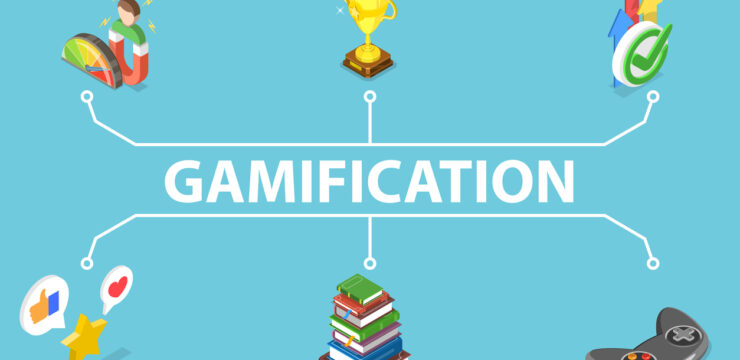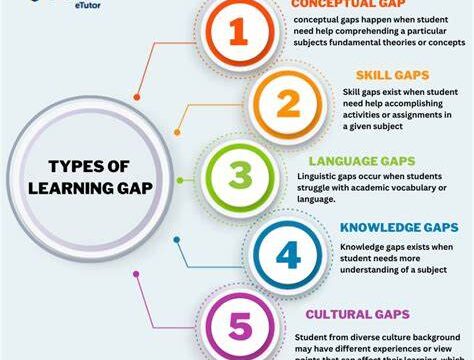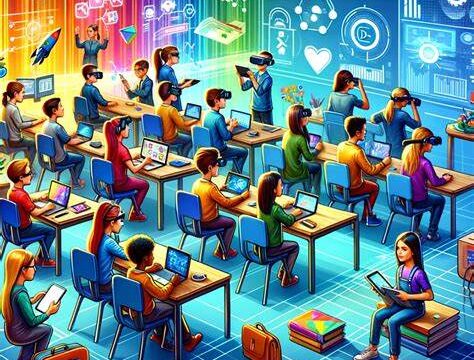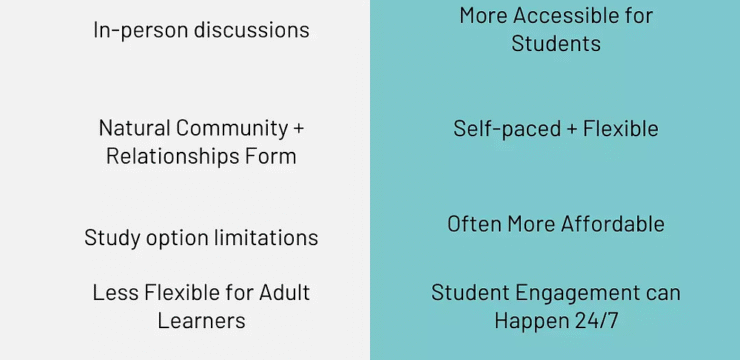Education is the foundation of a thriving society. It equips future generations with the knowledge, skills, and values needed to navigate a rapidly changing world. Yet, across many countries, there’s growing recognition that the education system needs reform. But what exactly needs to change?
1. Modernizing the Curriculum
Today’s students live in a digital world that demands new competencies. Many educators and experts believe that traditional curricula need to evolve. Emphasizing digital literacy, financial education, critical thinking, and real-world problem-solving can better prepare students for the future.
Including more project-based learning and interdisciplinary studies can also make education more engaging and practical.
2. Improving Access and Equity
Equal access to quality education remains a challenge, especially in under-resourced communities. Education reform should prioritize closing achievement gaps by investing in schools that serve low-income or rural populations.
Expanding access to internet connectivity, learning materials, and well-trained teachers can help level the playing field.
3. Supporting Teachers
Teachers are at the heart of any education system. Providing competitive salaries, professional development opportunities, and support systems can improve teacher retention and effectiveness.
Education reform should also involve teachers in decision-making processes, ensuring that policies are grounded in classroom realities.
4. Integrating Technology Thoughtfully
Technology can enhance learning, but it’s most effective when used with purpose. Education reform should focus on integrating digital tools in a way that supports—not replaces—effective teaching.
Blended learning models, personalized learning platforms, and online resources can supplement traditional instruction and cater to diverse learning styles.
5. Assessing Beyond Standardized Tests
While standardized tests can provide useful data, they shouldn’t be the sole measure of student or school success. Many educators advocate for more holistic assessments, including portfolios, group projects, and teacher evaluations.
Education reform can promote alternative ways to evaluate student learning and progress.
6. Fostering Lifelong Learning
The world is changing fast, and learning shouldn’t stop after graduation. Education reform can help build pathways for adult education, vocational training, and continuous skill development to meet evolving job market demands.
Conclusion
Education reform isn’t about tearing down the system—it’s about strengthening it. By modernizing curricula, promoting equity, supporting teachers, and embracing innovation, we can create a more effective and inclusive education system for all learners.






